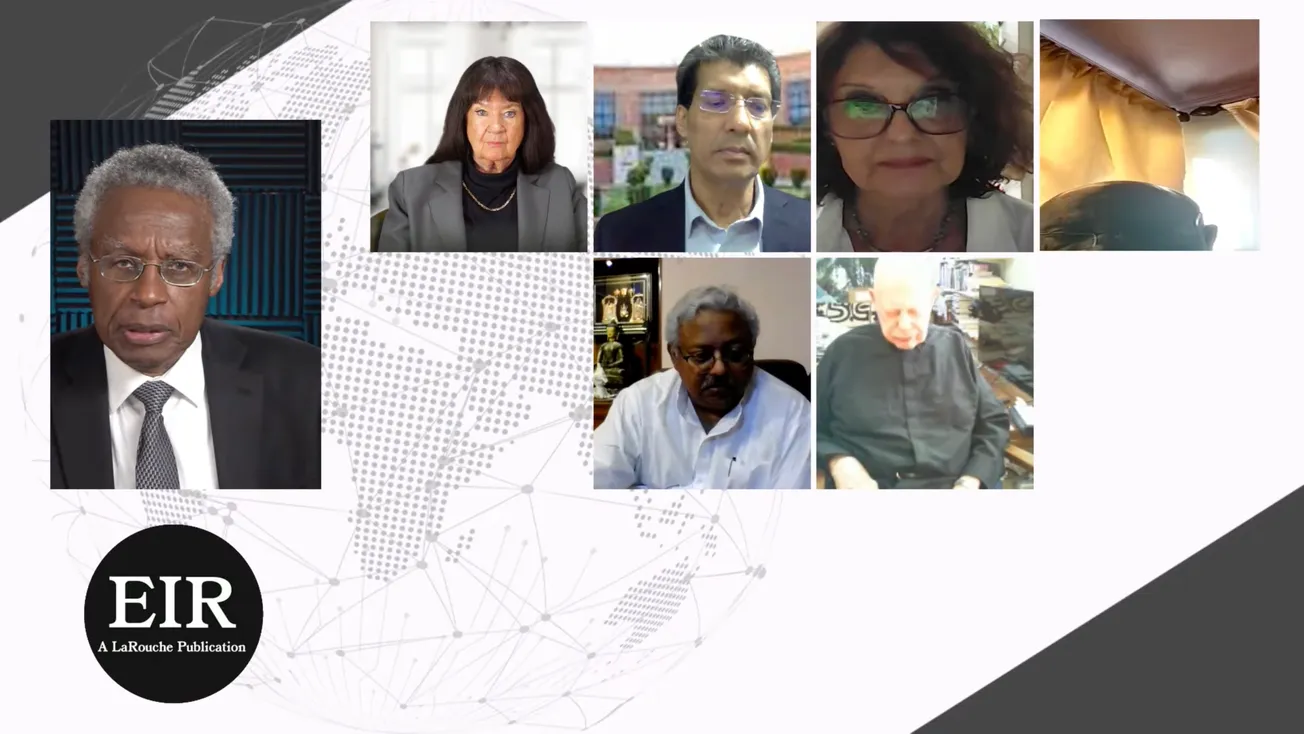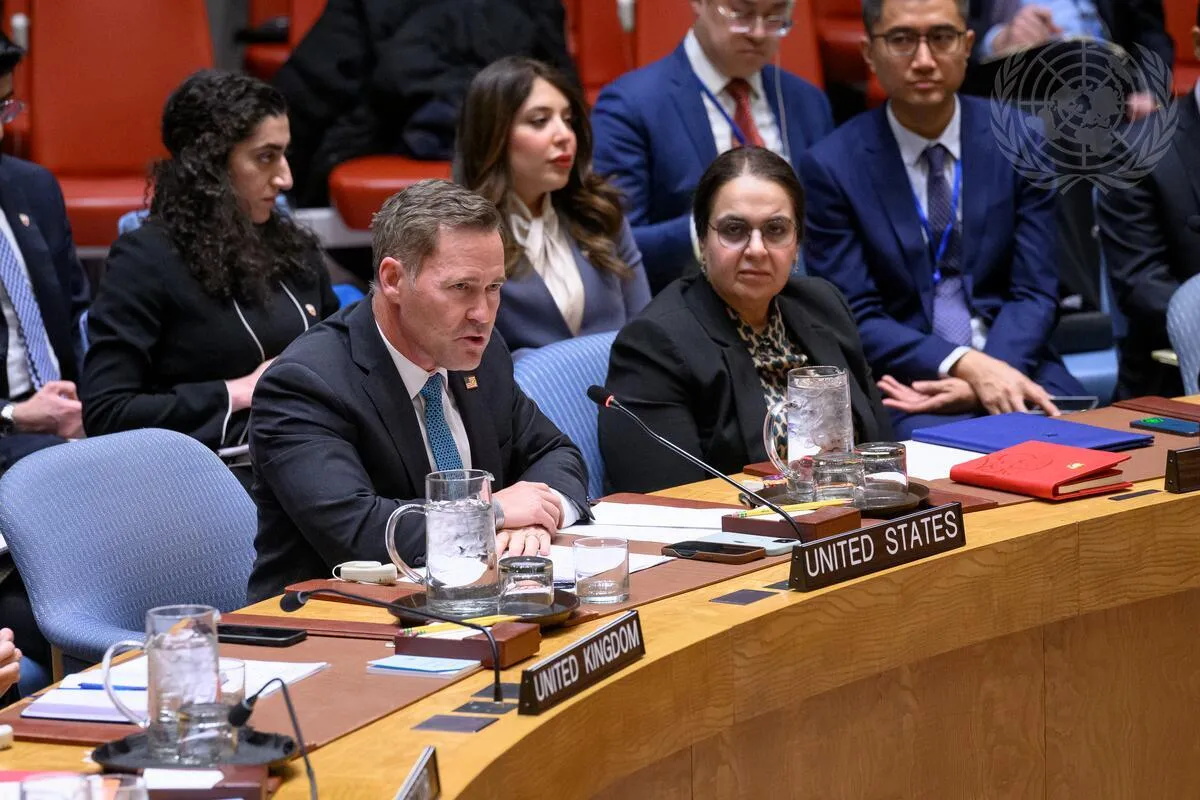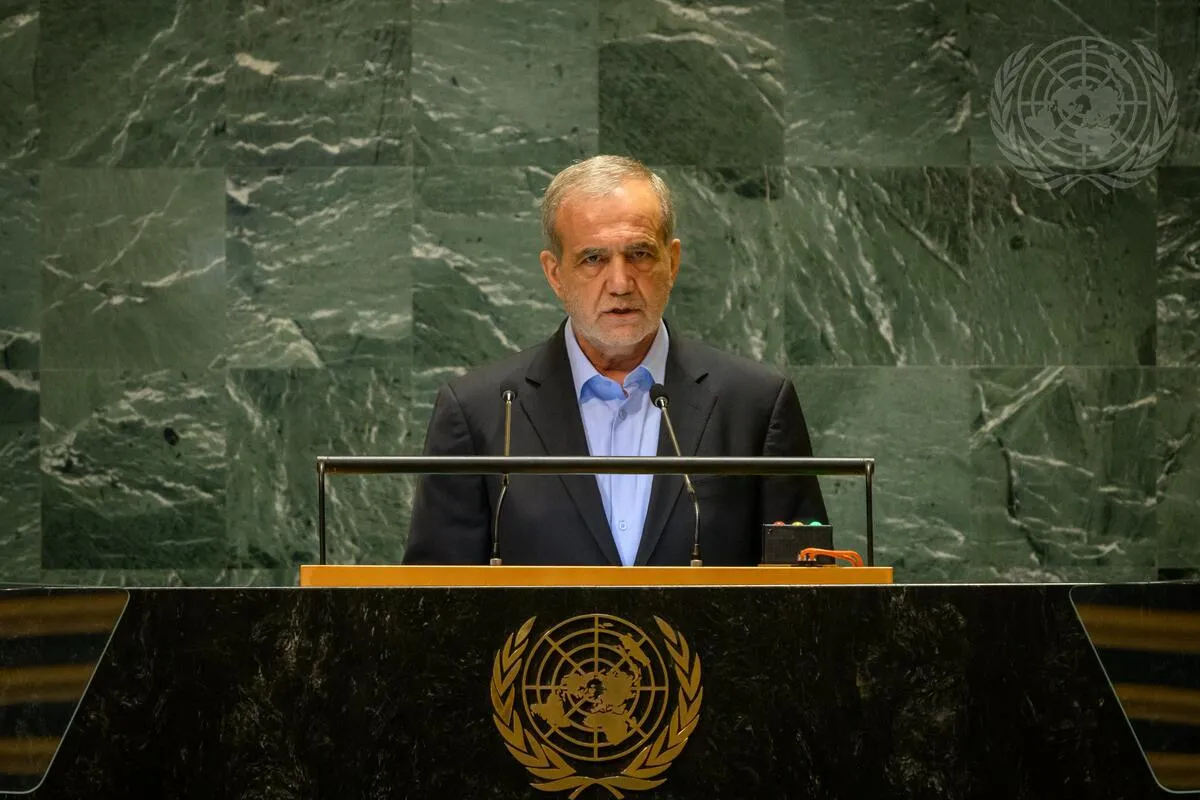History making is a creative act. The civilization which survives and progresses is that which decides to break from the follies of the controlling modes of behavior which lead them toward their chosen doom, and adopt instead a new mode of thinking and acting which is in coherence with the laws of the known universe. As seen in the action of discovery of the scientist or artist, this act of leadership is not something limited to an “elite” or “chosen class"; as the founding of the American republic asserted, statecraft is a task, a duty, of the creative mind which lies, in potential, inside every human being, every citizen.
Lyndon LaRouche asserted such in his 2002 writing, “The Historic Individual,” in which he said, “During each tragic moment of great crisis, every nation, every culture is gripped by the need for a sudden and profound change in its quality of leadership. Its survival then depends upon its willingness to choose a new quality of leadership which is typified by those extraordinarily exceptional individuals who stood, in retrospect like immortal souls, apart from, and above mere popular taste of their time. Throughout all the future history of mankind, as during the past, this presence, or absence of the determining role of the exceptional individual will always be, as it has always been, one of those milestones which mark those pathways of choice, toward either serenity or self-destruction, choices which close in on every culture at its moments of such great, self-inflicted peril as we face today.”
It is that quality of potential leadership within the citizens themselves, as exhibited in a profound way in the four panels of the November 13–14 Schiller Institute International Conference, which will make the difference today between the end of civilization in a hyperinflationary breakdown and nuclear war, or, a righting of our moral ship to create a new paradigm of mutual development and progress.
Developments on today’s political stage signal moves in both directions. As COP26 genocidalists call for the elimination of industrial development, and thus, the population, nations in Asia and Africa denounce the hypocrisy of the billionaire “jet set” and refuse to sign such a suicide pact. As the crisis as the border of Belarus and Poland threatens to escalate into general conflict targeting Russia, Merkel and Lukashenko speak for a second time this week about stabilizing the situation, pulling it back from the brink, and ensuring humanitarian aid for the thousands of people suffering in the freezing temperatures and terrible conditions. In Afghanistan, while ideologues call for the disgraced and obsolete NATO to come back in to “rebuild” the country, the “Troika-Plus” (Russia, China, the US, and Pakistan) meets in Islamabad to discuss the road toward stability in the region, and Russia leads the way by delivering its first shipment of humanitarian aid, 36 tonnes, which was guaranteed distribution to those in need by the Taliban government.
What can and will determine our trajectory now is the assertion and intervention of the needed, big ideas upon which a new phase of civilization could be built. Such was seen in the intervention of a Schiller Institute representative into a discussion on tensions with China, when she raised the need for a Westphalian approach to solving conflicts on a higher plane. Such was seen, in force, in the presentations and dialogue of the recent Schiller Institute conference, of which video excerpts are being prepared to maximize and accelerate the intent, purpose, and impact of that extraordinary event.
One excerpt in preparation will highlight the crisis in culture and education and Helga Zepp-LaRouche’s proposal for a resurgence of Classical education and culture worldwide, based on the best traditions and achievements of nations around the world. Such a program, though focused on the young, is the model for the kind of leadership required now, today, from each and every citizen as a creative contribution to ensuring the survival of our beautiful species.
Lyndon LaRouche:
“An adequate prospective leader for such a time of systemic crisis as today’s, must have devoted much of his, or her personal mental and moral development from childhood and adolescence on, to studying, and despising what prove to have been the systemic falsehoods which have become more or less generally accepted by peers, and also preceding and later generations. This impassioned awareness of widely accepted, implicitly axiomatic systemic falsehoods of assumption, as embedded in the customary practice of his, or her society, promotes in that young and maturing mind a disposition for emphasis on subject-matters pertaining to what Shelley identified as ‘profound and impassioned conceptions respecting man and nature.’”
Be such a leader. Join our organizing efforts today.






